Have you ever found yourself feeling exhausted, emotionally depleted, and constantly on edge after spending time with someone close to you? Perhaps you’re stuck in a relationship that leaves you feeling drained, but you’re unsure why. If so, you may be caught in an emotionally draining relationship.
Today, we will explore what such a relationship entails, identify common signs of an emotionally draining relationship, and provide practical advice on how to fix an emotionally draining relationship. So, let’s dive in.
What is an Emotionally Draining Relationship?
An emotionally draining relationship is characterized by constant emotional exhaustion, negativity, and a lack of reciprocation in terms of emotional support and understanding.
It typically occurs when one person consistently takes more than they give, leaving the other feeling emotionally drained and unfulfilled. This imbalance can manifest in various types of relationships, including romantic partnerships, friendships, and even familial connections.
Related: What Is Parasitic Relationship? 9 Warning Signs and Their Devastating Impact on Your Life
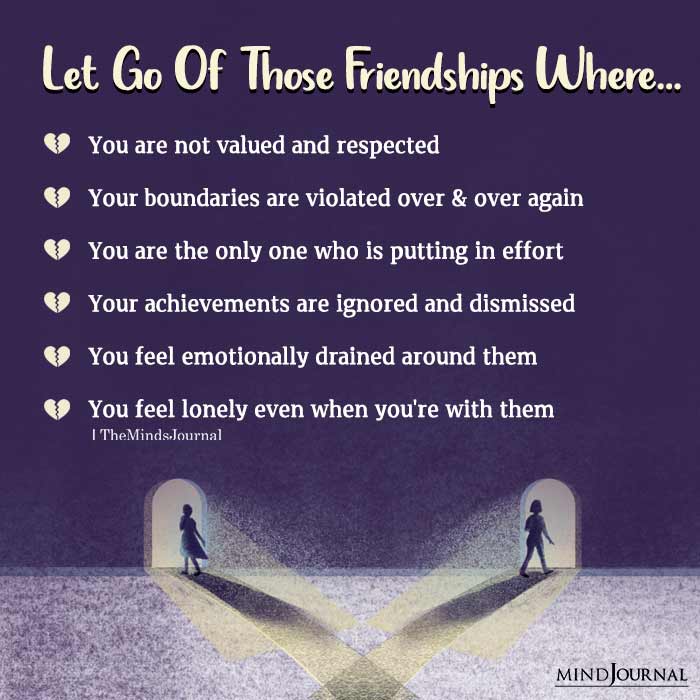
Signs of an Emotionally Draining Relationship
Here are some of the most commonly observed indications that your relationship is emotionally draining –
1. Emotional Rollercoaster
One of the key signs of an emotionally draining relationship is a constant rollercoaster of emotions. You may find yourself feeling elated one moment, only to be plunged into sadness, frustration, or anxiety the next. This emotional turbulence can leave you feeling mentally and physically exhausted.
2. Lack of Emotional Support
In an emotionally draining relationship, you may feel like you’re always the one providing support and understanding, while receiving little or none in return. Your needs, emotions, and concerns may be overlooked or dismissed, leaving you feeling unimportant and unheard.
3. Frequent Criticism and Negativity
Negative comments, criticism, and put-downs become the norm in emotionally draining relationships. Your partner, friend, or family member may consistently belittle your achievements, undermine your self-confidence, or focus on your flaws rather than celebrating your strengths.
4. Manipulative Behavior
Manipulation is a common characteristic of emotionally draining relationships. The other person may use guilt, fear, or emotional blackmail to control and manipulate you, making you doubt your own worth and decisions.
5. Constant Drama and Conflict
Emotionally draining relationships are often marked by frequent arguments, drama, and conflict. It may seem like every interaction becomes a battleground, leaving you mentally and emotionally exhausted.
6. Feeling Isolated and Alone
Despite being in a relationship, you may feel isolated and lonely. Your emotional needs are not being met, and you may find yourself craving genuine connection and understanding that remains elusive.
7. Self-Doubt and Second-Guessing
Over time, an emotionally draining relationship can erode your self-confidence and self-esteem. You may begin to doubt your own feelings, thoughts, and decisions, constantly second-guessing yourself and seeking validation from the other person.
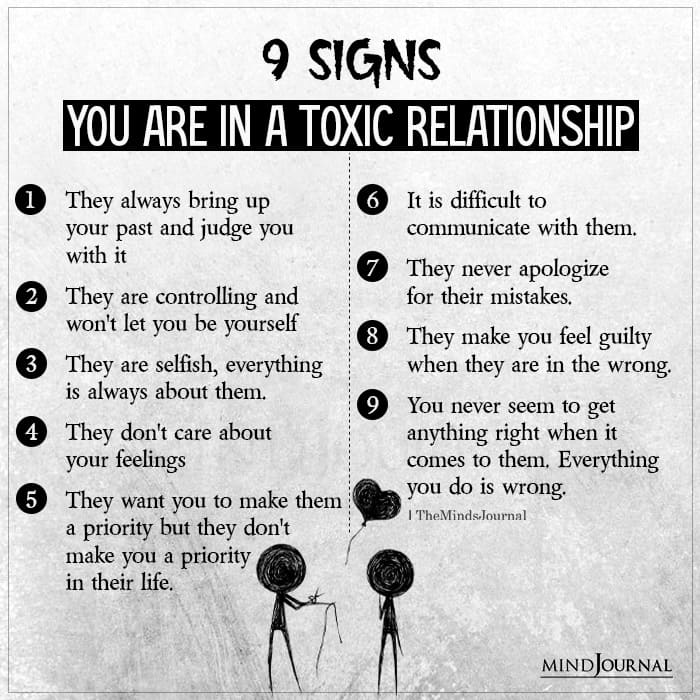
8. Neglecting Personal Well-being
When caught in an emotionally draining relationship, you may prioritize the other person’s needs over your own well-being. Your physical and emotional health may suffer as a result, as you neglect self-care and compromise your boundaries.
Related: Toxic Friend Alert: 10 Warning Signs Of An Emotionally Draining Friendship
9. Feeling Trapped
Perhaps the most significant sign of an emotionally draining relationship is the feeling of being trapped. You may feel unable to leave the relationship due to fear, dependency, or a sense of obligation, even though it drains you emotionally.
How to Fix an Emotionally Draining Relationship
Stuck in a relationship that drains you mentally and emotionally? Here are a few helpful tips on how to fix an emotionally draining relationship –
1. Reflect on Your Needs
Start by reflecting on your own emotional needs and desires. What do you need from the relationship to feel fulfilled and supported? Understanding your needs is crucial in communicating them effectively to the other person.
2. Open and Honest Communication
Have an open and honest conversation with the other person, expressing how their behavior and actions make you feel. Use “I” statements to avoid sounding accusatory and give them an opportunity to understand your perspective.
3. Set Clear Boundaries
Establishing clear boundaries is essential in any healthy relationship. Define what is acceptable and what is not, and communicate your boundaries to the other person. This helps ensure that your emotional well-being is respected.
4. Seek Support
Reach out to trusted friends, family members, or a therapist for support and guidance. Having someone to confide in can provide much-needed perspective and help you navigate the complexities of the relationship.
5. Prioritize Self-Care
To heal an emotionally draining relationship, make self-care a priority. Engage in activities that bring you joy, practice mindfulness and relaxation techniques, and take care of your physical health. Nurturing yourself will strengthen your resilience and emotional well-being.
6. Evaluate the Relationship
Consider whether the relationship is worth salvaging. Evaluate the other person’s willingness to change, grow, and meet your emotional needs. Sometimes, it may be necessary to distance yourself from toxic relationships for your own well-being.
7. Seek Professional Help
If the emotional drain persists and efforts to improve the relationship prove futile, consider seeking professional help from a therapist or counselor. They can provide guidance and support tailored to your specific needs.
Related: How To End A Toxic Relationship And Move On
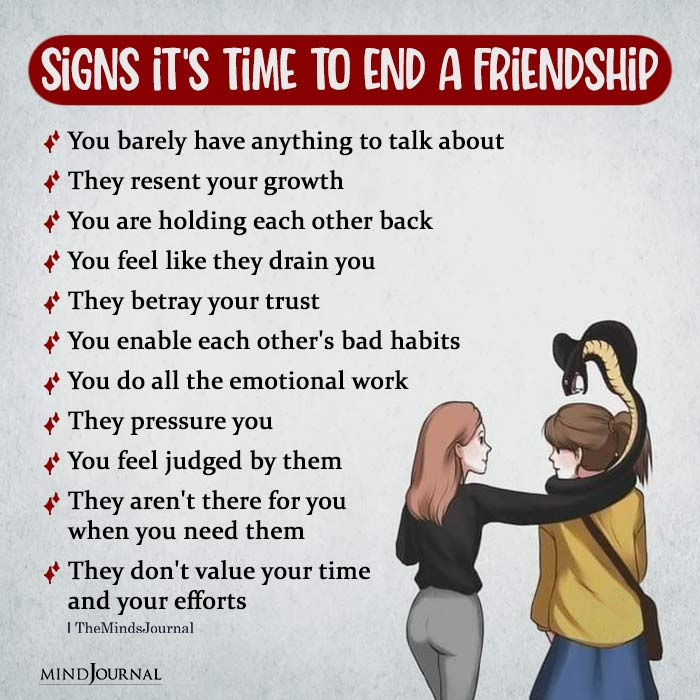
Takeaway
Recognizing the signs of an emotionally draining relationship is the first step towards reclaiming your emotional well-being. It’s crucial to understand that you deserve to be in relationships that uplift, support, and nourish your emotional health.
Remember, you have the power to choose relationships that contribute positively to your life. Don’t be afraid to let go of toxic relationships that drain your energy and prevent your growth.
Ultimately, your emotional well-being is a priority. You deserve relationships that bring joy, fulfillment, and growth. Trust your instincts, honor your emotions, and take the necessary steps to create a life filled with healthy, nurturing connections.
Frequently Asked Questions (FAQs):
When a relationship is emotionally draining?
When conflicts overshadow joy and trust, a relationship can become emotionally draining for both partners.
What to do when someone emotionally drains you?
To regain emotional balance, set boundaries, communicate openly, and prioritize self-care when someone drains your emotional energy.
How do you know if someone is mentally draining you?
Signs of mental drain include feeling exhausted, anxious, or constantly criticized by someone in your life.
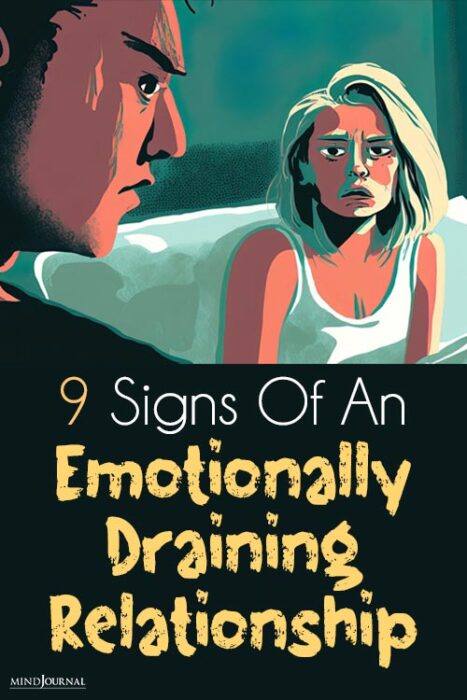
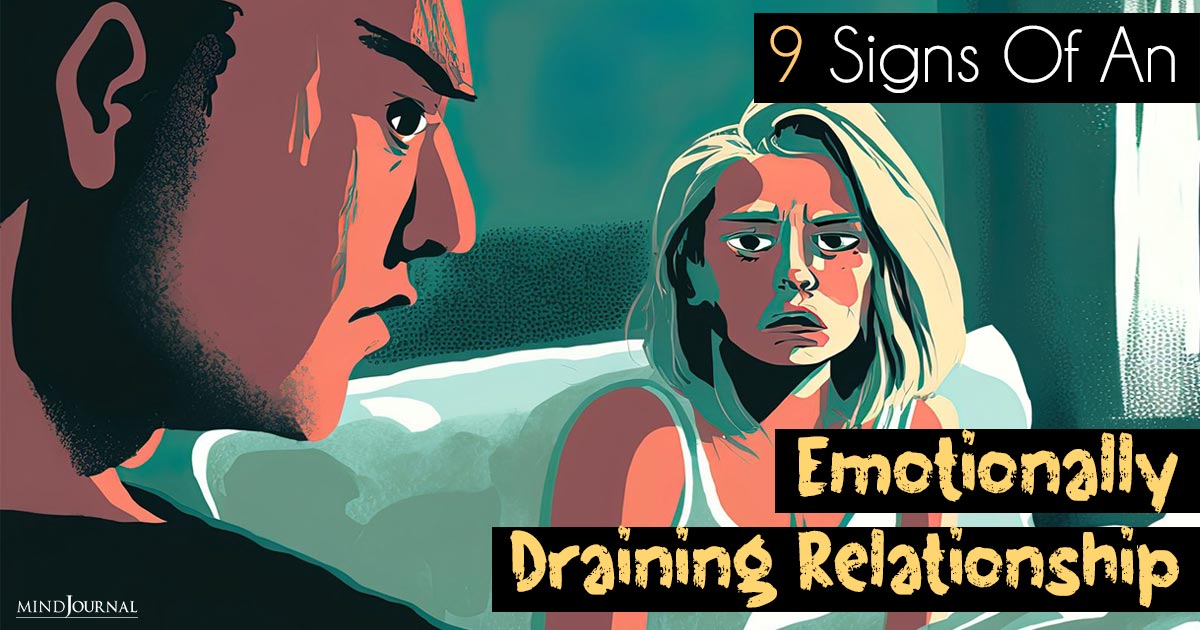






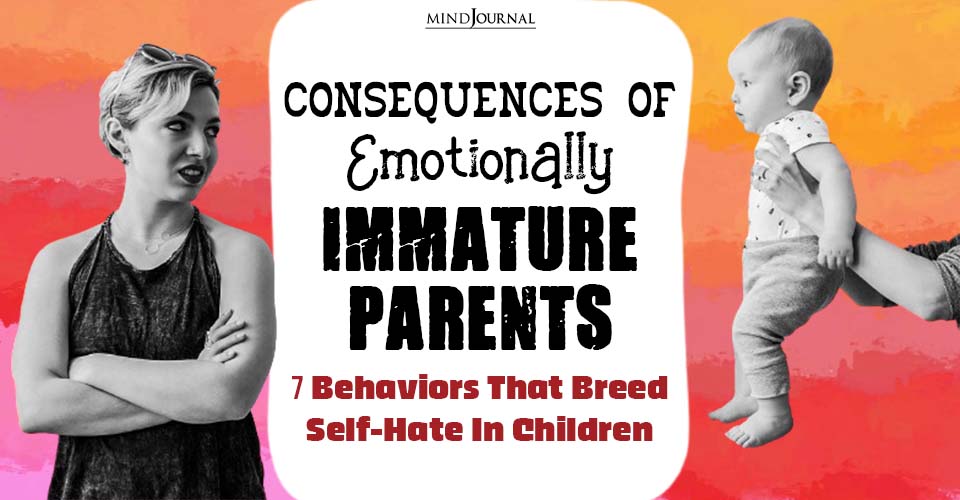
Leave a Reply
You must be logged in to post a comment.